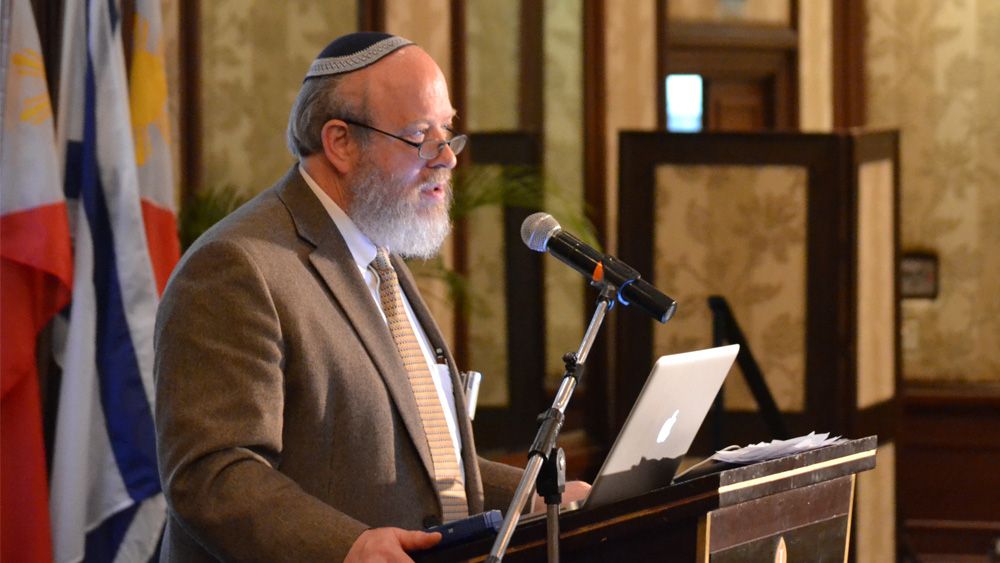ESTABLISHED IN 2002
Excellence in Biblical Education.
The TorahResource Learning Center exists to provide advanced education in biblical and related studies in order to prepare leaders and teachers at all levels for the New Torah movement.


Offering a quality educational experience since 2002.
In 2009, after poor theology and bad doctrine had permeated the Torah movement, Tim Hegg and the staff of TorahResource saw the need for equipping a new generation of Torah observant believers with the skills of studying and teaching the Bible properly. In 2011 TorahResource Institute (TR Institute) was created as an online school with the mission of providing advanced education in Biblical and related studies in order to prepare believers at all levels within the Torah movement.
In 2017, TorahResource launched the Digital Library. An annual subscription gave members access to all audio teachings and lectures produced by TorahResource as well as access to digital versions of most of the books, textbooks, and printed material published by TorahResource. In 2019, video teachings were added to the library making this online archive a tremendous resource for Torah observant believers.
Since its inception, TR Institute classes have followed the academic calendar of a traditional university while delivering courses using modern, distance education methodologies. Now, more than a decade later, as online education models have evolved and as new technologies have made organizing and maintaining distance learning websites easier, we feel it is time to change both the online school and library.
Now, in 2024, TR Institute and the Digital Library are being combined to create the TorahResource Learning Center, an entire library of self-study online learning resources along with eLearning, “evergreen” courses, which means your access to course content will not be time bound.
The main difference between eLearning and online learning is the amount of interaction. Students and instructors interact more during online learning, while eLearning is more self-paced. Although our course offering is self-paced, there will still be opportunities for students to interact with an instructor or staff member.
In 2017, TorahResource launched the Digital Library. An annual subscription gave members access to all audio teachings and lectures produced by TorahResource as well as access to digital versions of most of the books, textbooks, and printed material published by TorahResource. In 2019, video teachings were added to the library making this online archive a tremendous resource for Torah observant believers.
Since its inception, TR Institute classes have followed the academic calendar of a traditional university while delivering courses using modern, distance education methodologies. Now, more than a decade later, as online education models have evolved and as new technologies have made organizing and maintaining distance learning websites easier, we feel it is time to change both the online school and library.
Now, in 2024, TR Institute and the Digital Library are being combined to create the TorahResource Learning Center, an entire library of self-study online learning resources along with eLearning, “evergreen” courses, which means your access to course content will not be time bound.
The main difference between eLearning and online learning is the amount of interaction. Students and instructors interact more during online learning, while eLearning is more self-paced. Although our course offering is self-paced, there will still be opportunities for students to interact with an instructor or staff member.
Our goal is to offer a quality educational experience that will provide believers with tools for a lifetime of learning. This means we are committed to academic excellence in biblical studies that encourages and enhances the pursuit of godliness.
– Tim Hegg, Founder


